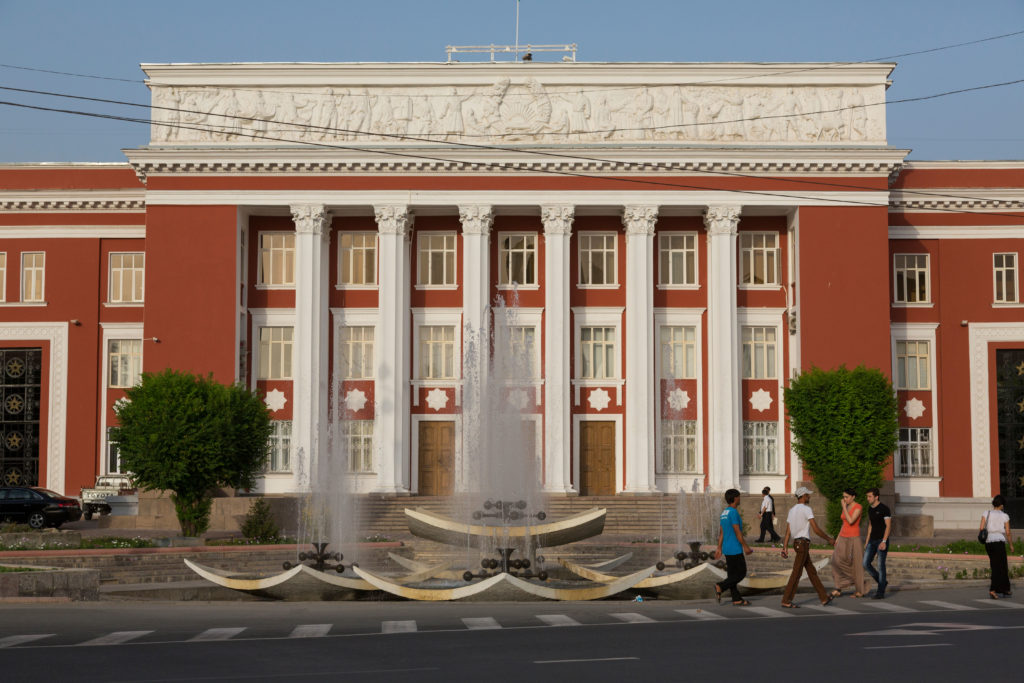The International Monetary Fund (IMF) said that economic growth is expected to moderate to 5.5 percent in 2022 after 7 percent last year as the impact of pent-up demand and base effects fade.
Tajikistan’s economy expanded by 8.9 percent in the first nine months of the last year after growing 4.5 percent in 2020 due to strong industrial activity and domestic demand, supported by public investment and robust remittance inflows. Annual inflation was 8 percent in 2021. Tajikistan’s central bank forecast annual inflation in a range of 4-8 percent in 2021 and 2022.
“Over the medium term, growth is projected to stay around 4 percent of gross domestic product (GDP) with inflation falling within the central bank’s target range,” the Fund said in a statement, concluding consultations with the government.
“Risks to the outlook remain tilted to the downside due to uncertainty regarding the pandemic and regional spillovers.”
The IMF said that a new wave of infections, possibly associated with the deteriorating COVID situation in some key trading partners, could undercut the recovery.
It added that regional security and geopolitical tensions could jeopardise economic prospects.
“From a domestic perspective, delayed state-owned enterprises’ reforms, limited competition, structural rigidities, and incipient financial sector vulnerabilities could also derail growth and keep inflation elevated,” the IMF said.
The Fund said that carefully calibrated policies and key structural reforms are needed to foster a more durable and sustainable recovery and safeguard macroeconomic stability.
The IMF stressed the need for fiscal discipline to ensure that debt remains on a sustainable downward trajectory given the high risk of debt distress.
“Achieving the 2022 fiscal targets will require tight expenditure control and additional measures if revenue shortfalls emerge,” the Fund said and over the medium term recommended introducing an operational fiscal anchor, complemented with steps to phase out tax exemptions, broaden the tax base, and improve public spending efficiency and transparency.
The Fund called on the authorities to continue strengthening the macroprudential policy framework and banking supervision, including by integrating beneficial ownership information into the supervisory process.
Another recommendation is accelerating reforms across state-owned enterprises, particularly to improve their governance and transparency, and gradually adjusting electricity tariffs toward cost recovery while strengthening the social safety net to protect vulnerable populations.
The IMF encouraged adopting a public procurement law consistent with best international practices and implementing anti-corruption policies.

